Equal Rights for All, Special Privileges for None
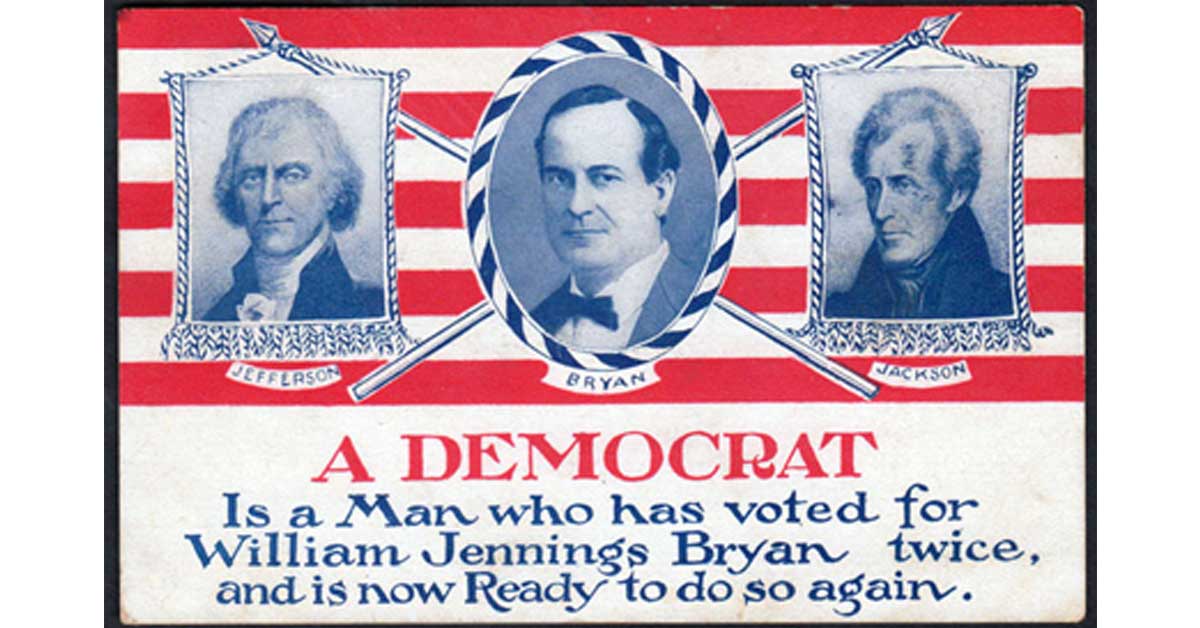
Thomas Jefferson is credited with having said, “equal rights for all, special privileges for none,” a slogan that other progressive Democrats like Williams Jennings Bryan embraced.
Thomas Jefferson was a U.S. President and founding father of America, he wrote the Declaration of Independence and was generally one of the most influential men in western history in regards to liberalism, among other things.
Although Jefferson is often celebrated as a liberal (and was probably the most far-left radical liberal of all the founders), he was also by many measures the father of the modern Republican party and ideology. His Anti-Federalists represented the farmer, small government, and southern interests in America’s early days. For a while his group was called Jefferson’s Republicans in the press, but he and Madison ultimately ran and served as Democratic-Republicans. Later that group became the Democrats, then between Civil War in the 1860’s and Civil Rights in the 1960’s the South switches parties and issues of Religion, race, and immigration began to divide the country and complicate things. Regardless, we can see the small-government, pro-south, anti-big-bank faction of modern Republicans as Jeffersonian.

Thomas Jefferson is credited with having said, “equal rights for all, special privileges for none,” a slogan that other progressive Democrats like Williams Jennings Bryan embraced.
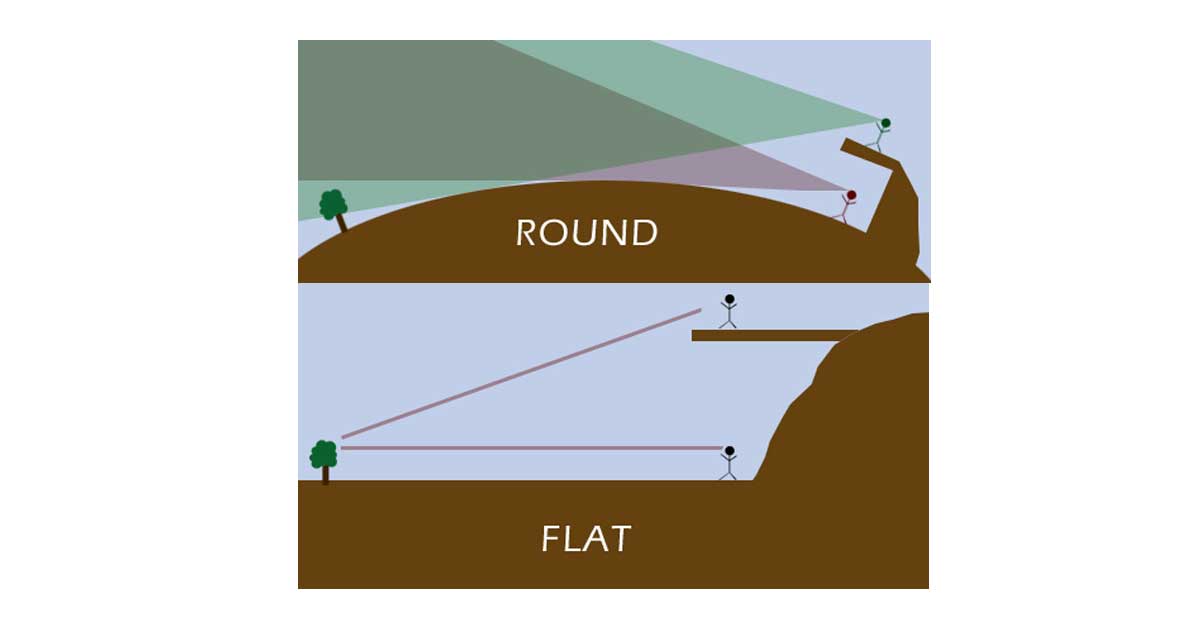
Reason is the application of “pure logic”, empirical evidence, experiment, and skepticism to find truths, facts, and theories (AKA “critical thinking”).
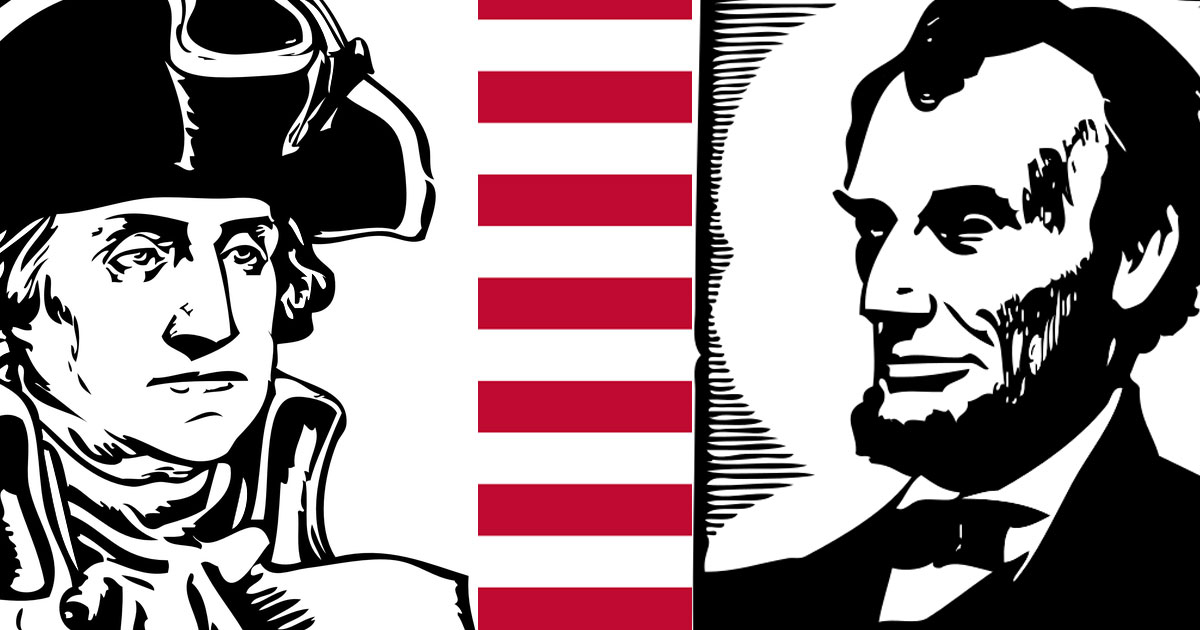
We explain the political terms conservative, moderate, liberal, progressive, and radical and how they are used in different contexts.
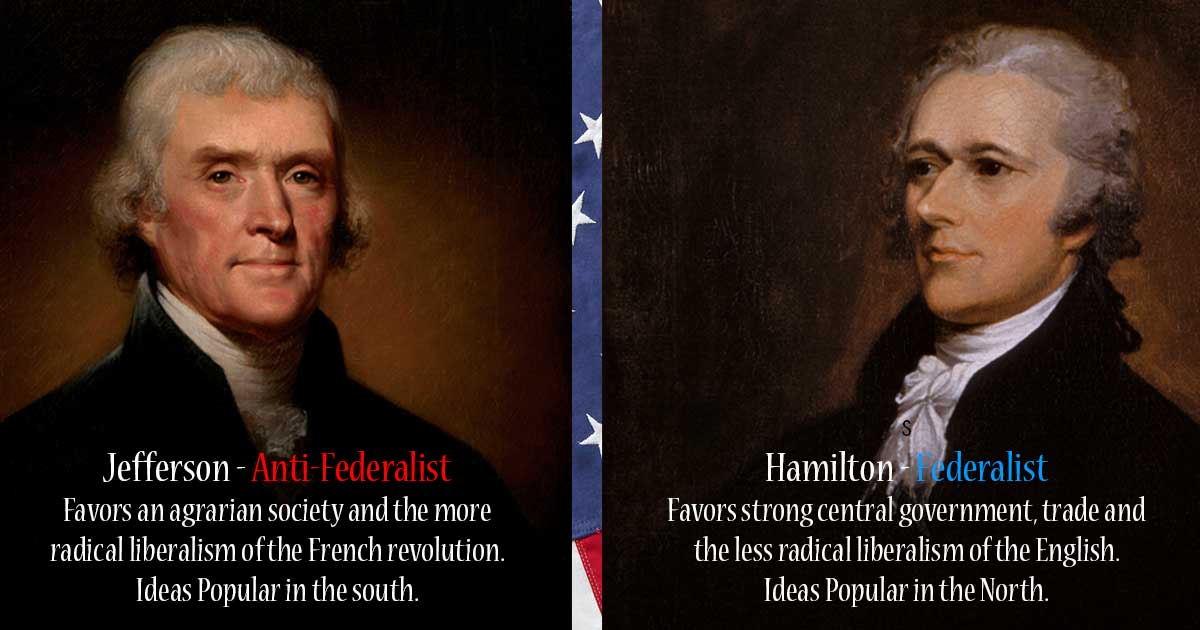
The Federalists and Anti-Federalists were the first political factions of the U.S.. They arose out of a debate over the ratification of the 1787 Constitution and went on to form the basis of our current two-party system.
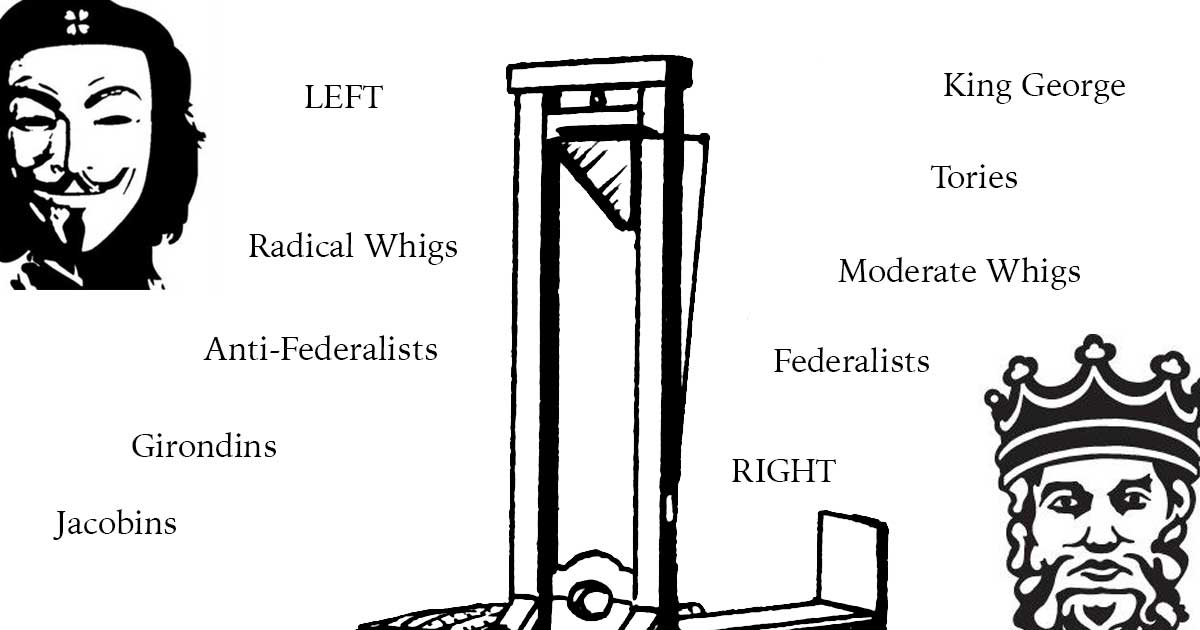
The modern usage of the political terms left and right comes from the French Revolution of 1789 when supporters of the king stood to the president’s right, and supporters of the revolution to his left.
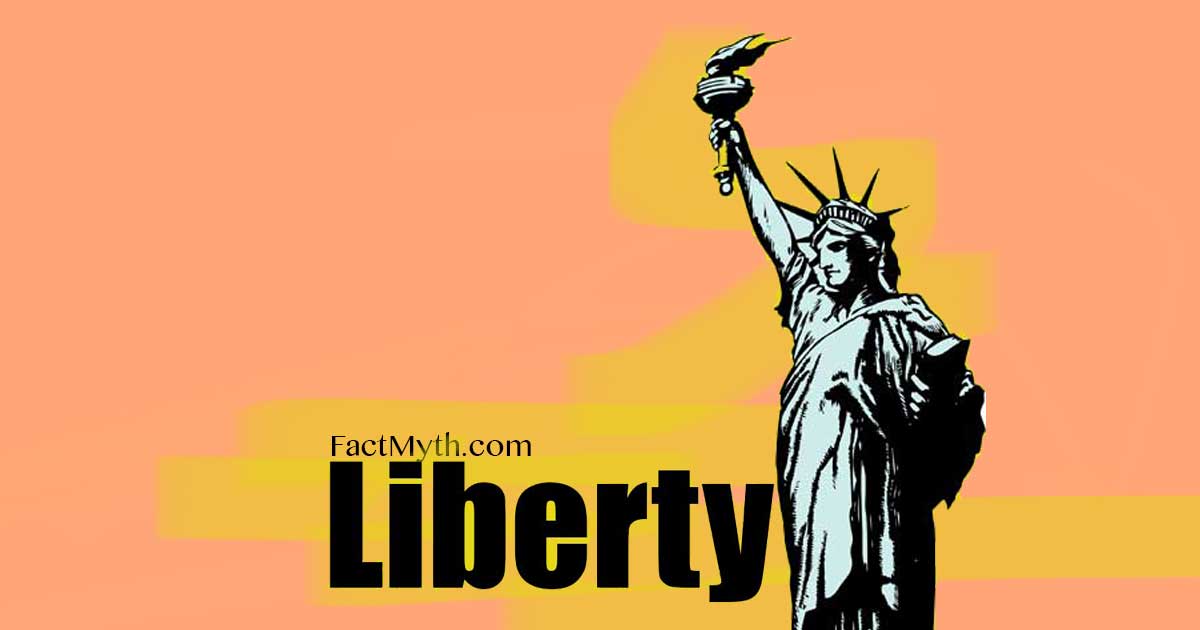
Classical liberalism arose in opposition to state-imposed religion and aristocracy in the 1600 – 1700’s during the Age of Enlightenment in Europe and America.
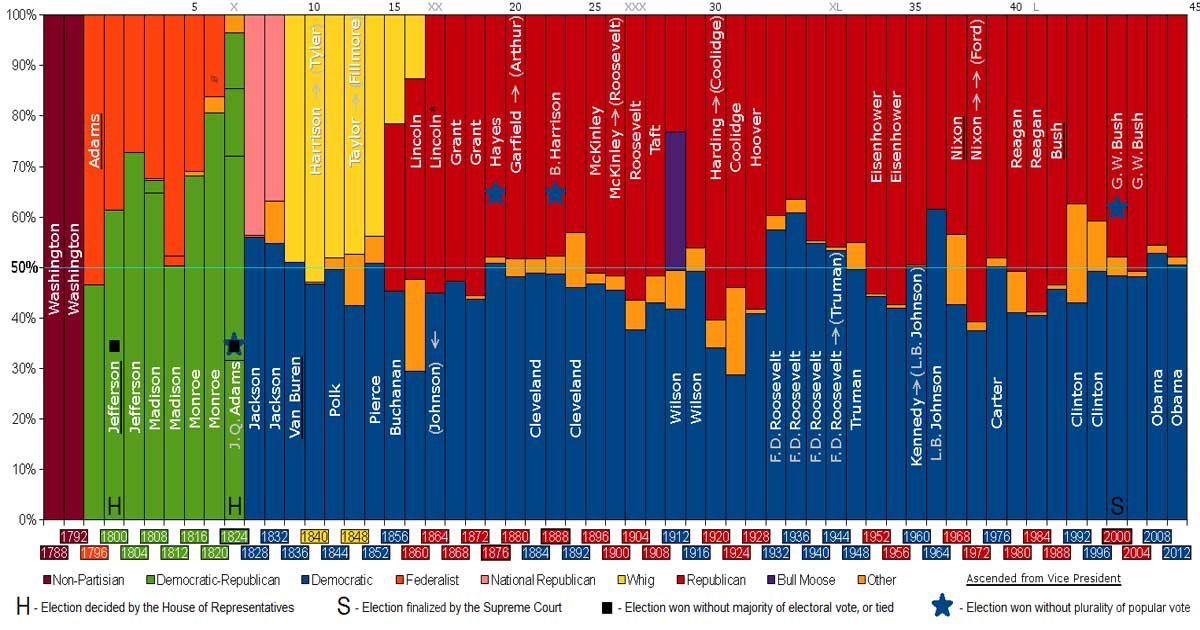
On this page, we look at political parties from a historical perspective to better understand the underlying left-right politics all political parties are based on.

America’s founding fathers intended the U.S. to be a Republic (elected officials vote on laws), rather than a Direct Democracy (everyone votes on laws).